A single nighthawk, batting across the sky one evening last week, was enough to panic us about the end of summer. We’d already been watching the barn swallows getting set to leave. In mid-August, their offspring still romped the skies, swooping for horseflies past our ears, testing one another with their dives. Last week they sat on the wire, carefully watching the sun go down. Next week, the boreal dark one step too near, they will be off and gone.
Rob sizing up the winter squash in the CSA beds, Photo by Treasure People Photography
It seemed a good occasion then to look back briefly on the summer and estimate what the Fall might hold in store before frost chokes the life out of what remains of the garden.
Vegetable production has been mercifully bountiful this year, by contrast to a number of years previous. Carrot production in particular has returned to a level probably not seen for a decade or better. The problems had been numerous and ever-changing – carrot weevils, poor seed vigor, rabbits, under-planting, uncooperative weather. The carrot weevils are still at it, but all other systems are go this year. Participating in the UW’s Seed-to-Kitchen Collaborative study—which provided 30 row feet of seed for each of five different varieties – certainly did not hurt. Potatos and sweet peppers – also species which we are trialing – have been similarly prolific. The peppers have done especially well given an August which provided a comparatively normal amount of sunshine and heat by contrast to the wash-out rains and near-constant cloud-cover last year.
A handful of crops are not doing particularly well, including tomatos which – after a very promising looking June with vigorous growth and July with comparatively little blight – are producing at only middling volume. We also planted a couple of problematic varieties which are prone to cracking and produce few fruits of passable quality.
The relative paucity of hot peppers this year is due to slight under-planting, combined with a location in the garden which is prone to dry soils because of adjacent trees.
And, as we’ve mentioned before, our tree fruit and kiwi are both in rough shape this year, so Fall fruit is likely to be minimal. The kiwi skipped fruiting altogether after a difficult and long winter, and our pears are producing minimally, as are our apples.
Jonagold apples. Tree fruit in particular, seemed to have taken a break after a harsh winter. Photo by Treasure People Photography
Upcoming weeks look to hold a surfeit of winter squash and melons, though (as usual) we might not be able to vouch for the sweetness of the latter (a few 90 degree days in September would be of good use in this regard). We should be able to provide good stocks of potatos and onions going into the winter.




